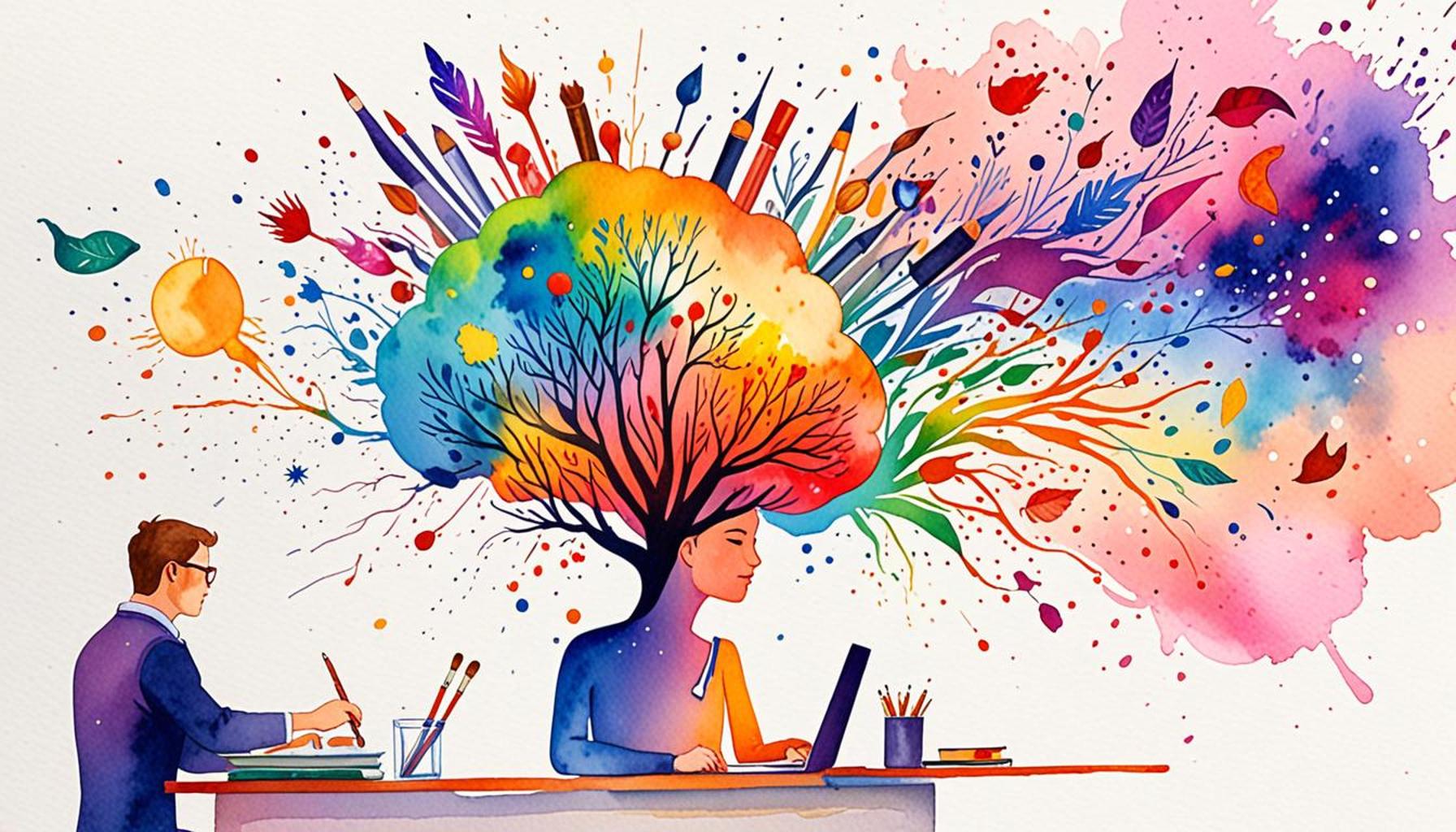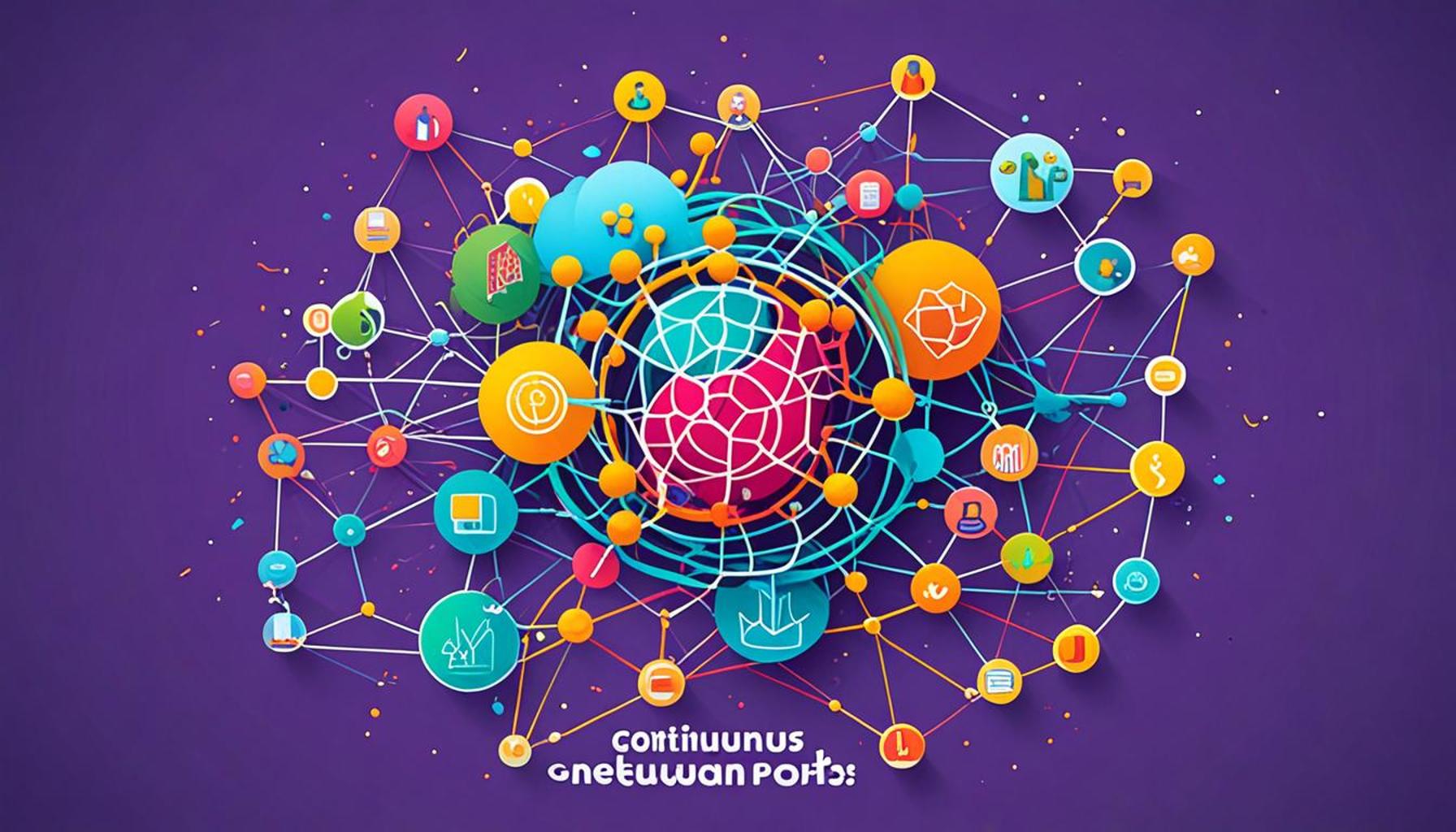The Role of Continuous Learning in Preparing for the Future of Work in a Constantly Changing World

The Significance of Continuous Learning
In today’s fast-paced world, the way we work is perpetually changing, influenced by technological advancements, shifting consumer demands, and globalization. As industries undergo rapid transformations, the importance of continuous learning cannot be overstated. It has become an essential practice for individuals who wish to remain relevant and competitive in their fields.
So, what does continuous learning encompass? It is a multifaceted approach that can take various forms:
- Online courses and certifications: Platforms like Coursera, Udemy, and LinkedIn Learning offer a plethora of courses covering diverse topics from coding to data analysis, providing accessible learning paths for everyone.
- Workshops and seminars: These live events foster an environment of interactive learning and networking. For instance, the Nigerian Computer Society hosts regular workshops that focus on emerging technologies and innovations.
- Self-study through books and articles: Reading industry-relevant literature and academic journals helps deepen one’s understanding. Many Nigerian professionals are leveraging resources like the “Harvard Business Review” to stay informed about global business trends.
- Networking with industry professionals: Engaging in discussions with experts can provide insights into best practices and emerging opportunities. Networking events, such as those organized by the Lagos Business School, are great platforms for meeting influential industry figures.
- Utilizing digital platforms for skill development: Apps and websites such as Skillshare and Codeacademy are popular choices among Nigerians looking to learn new skills on the go.
In Nigeria, the job market is increasingly shaped by technology and globalization, making adaptable skills more important than ever. For instance, reports predict that over 70% of jobs are likely to undergo significant changes in the coming years, steering many professionals to seek proficiency in technology-driven roles. Emerging sectors like artificial intelligence, digital marketing, and e-commerce are growing at an unprecedented pace, prompting a shift from traditional job roles to positions that require digital literacy and innovation.
Moreover, automation is redefining what jobs look like in Nigeria. Many manufacturing and administrative functions that once depended heavily on human labor are now being automated, making it imperative for workers in those sectors to upskill or reskill entirely.
The key takeaway is clear: adopting a mindset geared towards lifelong learning is essential for navigating this dynamic landscape. By prioritizing personal and professional development through continuous learning, individuals can better prepare themselves for the uncertainties of the future, becoming not just participants but leaders in their respective fields. The journey towards continuous learning is ongoing, and every step taken toward education and skill enhancement is a step toward a more secure and prosperous future.
YOU MAY ALSO LIKE: Read read another article
Adapting to Change: The Necessity of Continuous Learning
As the global economy evolves, the landscape of work is undergoing a seismic shift, and this has profound implications for professionals in Nigeria. The prevailing notion that a single degree can guarantee a lifetime of employment is becoming increasingly obsolete. Continuous learning emerges as a vital strategy in combating obsolescence, empowering individuals to remain agile and informed within a constantly changing environment.
In Nigeria, where the youth population is rapidly growing, continuous learning can be particularly pivotal. The demand for skills in technology, communication, and problem-solving is soaring. According to a recent report by the National Bureau of Statistics, more than 60% of Nigerian employers have expressed difficulty in finding candidates with the right skills. This gap highlights the urgent need for a culture that promotes lifelong education and ongoing skill development.
Beyond just acquiring new skills, continuous learning also plays a role in enhancing critical thinking and adaptability. In circumstances where economic conditions fluctuate or industries transform overnight, being able to pivot and learn quickly can distinguish a successful professional from one who struggles to keep up. For instance, consider the Nigerian tech industry, which is growing exponentially, relying heavily on professionals who can adapt to new programming languages, develop mobile applications, or understand emerging technologies like blockchain and artificial intelligence.
Key Areas for Continuous Learning
Engaging in continuous learning allows individuals to explore numerous avenues for growth. These areas provide a robust foundation for professionals to cultivate their skills and career paths:
- Technology Skills: Mastery of digital tools, software, and programming languages is essential. Learning to use platforms such as Python, JavaScript, or digital marketing tools can lead to numerous job opportunities.
- Soft Skills: Communication, teamwork, and emotional intelligence are crucial in today’s collaborative work environments. Workshops focused on personal development can sharpen these skills.
- Industry Trends: Staying updated on changes and trends in one’s respective field can provide insights into future opportunities. This might involve subscribing to relevant publications or participating in industry-specific forums.
- Entrepreneurship: With the rise of startups in Nigeria, learning about business management, financial literacy, and innovative thinking is invaluable for those considering venturing into entrepreneurship.
The emphasis on continuous learning extends beyond individual advantage; it’s a pathway to national economic growth. As more Nigerians commit to developing relevant skills, the workforce becomes more competitive, fostering innovation and entrepreneurship that can stimulate job creation and economic development.
In summary, embracing a paradigm of lifelong learning equips professionals with the necessary skills to thrive amid changes in the workforce. This ongoing commitment not only updates employee skill sets but also cultivates a culture of resilience and adaptability that is essential for future readiness in Nigeria’s evolving job market.
| Advantage | Description |
|---|---|
| Adaptability | Continuous learning fosters adaptability, allowing professionals to quickly adjust to industry changes. |
| Skill Enhancement | It promotes ongoing skill enhancement, ensuring individuals remain competitive and relevant. |
In today’s fast-paced world, the notion of continuous learning has become vital for workforce development. With rapid advancements in technology and evolving job roles, embracing a culture of lifelong learning is no longer optional. Companies are increasingly valuing employees who take the initiative to upgrade their skills, demonstrating a commitment to personal and professional growth.Furthermore, research indicates that organizations that actively encourage upskilling not only retain talent but also see improved productivity, innovation, and employee engagement. Engaging in courses, workshops, or self-directed learning can dramatically enhance an individual’s ability to contribute effectively to their teams. For instance, understanding emerging digital tools can facilitate better collaboration and creativity, ultimately driving organizational success in competitive markets.In addition, the flexibility inherent in continuous learning allows employees to explore varied fields, enhancing their versatility. This adaptability is essential not just for individual career growth but also for the overall robustness of the workforce in navigating future challenges. As such, investing in continuous education is a strategic choice for both employees and employers aiming to thrive in an unpredictable landscape.
RECOMMENDED: Check out this similar article
Embracing New Learning Platforms and Opportunities
The rise of digital technologies has opened doors for innovative learning platforms that revolutionize how professionals acquire knowledge. In Nigeria, the proliferation of online courses, webinars, and virtual workshops has made continuous learning more accessible than ever. Institutions and startups alike are recognizing the importance of leveraging technology to create flexible, affordable, and skill-specific learning modules. Platforms such as Andela and Decagon are not only designing curricula tailored to current industry demands but also enabling participants to collaborate with global tech leaders, further enhancing their learning experience.
Moreover, social media has also become a powerful tool for fostering continuous learning. With just a click, professionals can connect with thought leaders, engage in conversations about industry trends, and access a wealth of resources. For example, LinkedIn Learning offers courses on a broad range of topics, from data analytics to leadership skills, all designed to help users prepare for the future of work. Engaging in these online communities fosters a culture of sharing knowledge, encouraging individuals to learn from each other’s experiences and insights.
The Role of Mentorship and Peer Learning
In addition to formal education, informal learning structures like mentorship can play a significant role in professional growth. Within Nigerian startups, experienced professionals often mentor newcomers or less experienced colleagues, facilitating a hands-on learning approach that marries theoretical knowledge with real-world application. This peer-to-peer interaction can not only enhance technical skills but also boost confidence in navigating the complexities of the workplace.
Furthermore, many organizations are adopting a culture of learning by encouraging employees to pursue training opportunities catered to their interests. This could include in-house training sessions, job shadowing, or cross-departmental projects. By fostering an environment that promotes collaboration and skill-sharing, companies can build a workforce that is not only well-informed but also collectively dedicated to continuous improvement.
The Impact on Career Mobility and Job Security
Continuous learning doesn’t just prepare individuals for current roles, it also opens pathways for career advancement. Professionals who actively seek to upskill are more likely to seize opportunities for promotions and diverse job offerings across various sectors. In a survey conducted by the World Economic Forum, it was reported that over 50% of employees expressed a desire for additional training and education, demonstrating a clear trend towards investing in one’s future through lifelong learning.
The benefits of this investment go beyond personal gain; they also reflect positively on organizations. Companies that actively support continuous learning not only attract top talent but also retain employees by investing in their growth. According to the Society for Human Resource Management, organizations that prioritize ongoing training see a significant decline in employee turnover—a key indicator of job security in an uncertain economic climate.
Continuous learning is not just an option; it is a necessity for surviving and thriving in today’s job market. With the rapid advent of technological advancements and economic fluctuations, professionals willing to evolve will undoubtedly lead the charge in shaping the future of work. As Nigeria navigates this landscape, fostering a culture of lifelong learning will be essential for individuals and organizations alike, paving the way for sustainable job creation and economic prosperity.
YOU MAY ALSO LIKE: Read read another article
Conclusion: The Imperative of Continuous Learning
As we venture deeper into an era characterized by rapid technological advancements and shifting economic landscapes, the role of continuous learning becomes increasingly paramount. In Nigeria, where a vibrant youth population meets the demands of a globalized economy, embracing lifelong education is not just a beneficial choice; it is a crucial strategy for survival and growth. The emergence of innovative learning platforms, coupled with traditional mentorship programs, offers myriad opportunities for skill acquisition and professional development.
Furthermore, the evidence is compelling: organizations that invest in ongoing training and development not only enhance their competitive edge but also cultivate a culture that values employee growth and career mobility. This symbiotic relationship between employers and employees lays the groundwork for a workforce that is agile, informed, and highly adaptable to changes in industry demands.
As we reflect on the findings, it is clear that the path to a prosperous future for both individuals and organizations is paved with a commitment to continuous learning. In Nigeria, as in the global landscape, the ability to learn, unlearn, and relearn will empower professionals to navigate the complexities of tomorrow’s job markets successfully. Therefore, fostering an environment that encourages lifelong learning is not just a personal endeavor but a collective responsibility, one that can drive economic growth and create opportunities in an unpredictable world. Let us invest in our future by championing the cause of continuous education—it is, indeed, the key to unlocking limitless potential and ensuring resilience in the face of change.


